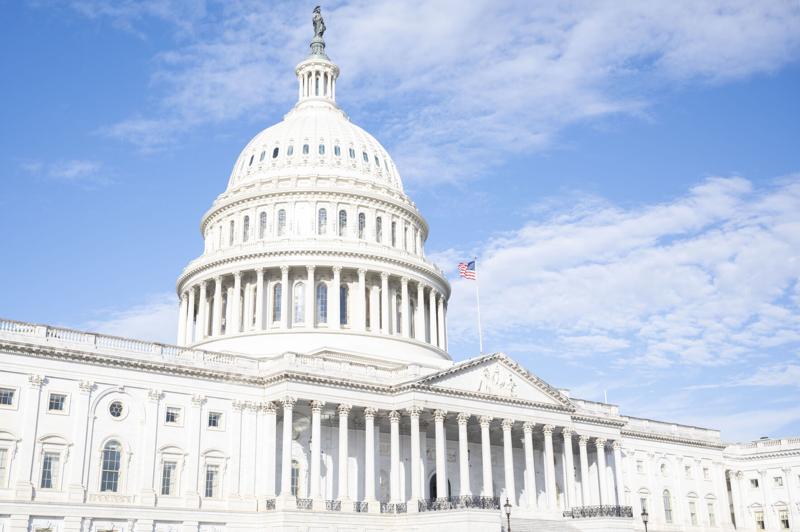(The Center Square)— The second attempt to pass a temporary funding stopgap bill succeeded Wednesday in both the U.S. House and Senate, as Congress is set to leave town for six weeks.
The new Continuing Resolution HR 9747 passed by a vote of 341-82 in the House with 82 Republicans voting against it. It later passed in the Senate, 78-18.
The bill was debated earlier Wednesday on Capitol Hill under suspension of the rules and needed a two-thirds majority vote in each chamber for passage. It now heads to President Joe Biden’s desk for signature.
The package, negotiated by House Speaker Mike Johnson, R-La., and top Democrats, will keep the government funded at current levels until right before the holidays, on Dec. 20.
The continuing resolution will provide $231 million in additional money for the Secret Service, including for operations related to the presidential campaign, in the wake of recent attempts to assassinate former President Donald Trump.
Trump was the target of two assassination attempts – one in Butler, Pa., at a campaign rally on July 13, with a second attempt as he golfed at his club in Florida, as previously reported by The Center Square.
The bill will also extend several expiring programs and prevent a government shutdown that could happen if the FY2025 appropriations were not finalized before the start of a new fiscal year on Oct. 1, 2024.
In a letter to colleagues, Johnson said the new, three-month bill is a “bare bones” attempt intended only for necessary extensions to avoid billions of spending or unrelated provisions.
“I commend the Speaker for his efforts to find a path forward. He was dealt a very difficult hand and has delivered once again for the good of the country. This path ensures Americans aren’t needlessly punished with a costly shutdown and allows the people – and, importantly, the next president – to have a say in the appropriations process.” said Rep. Tom Cole in a statement.
The bipartisan negotiations started not long after the previous six-month continuing resolution fell short last week by a vote of 202-220, with 14 Republicans and three Democrats defecting across party lines due to the controversy over Johnson’s decision to tie voter ID provisions in the SAVE Act to the temporary spending plan.
Specifically, the provision would require states to verify citizenship when registering voters.
Johnson made no apologies for combining the two measures, stating, “Congress has an immediate obligation to do two things: responsibly fund the federal government and ensure the security of our elections.”
The House is not set to reconvene until after the Nov. 5 election, leading to another deadline to avoid a shutdown before the holidays.






